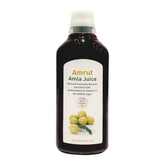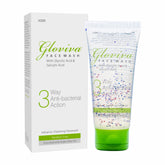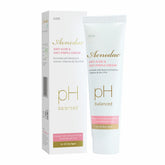
Side Effects of Carbonated Drinks
Side Effects of Carbonated Drinks
Carbonated soft drinks (CSDs) are non-alcoholic beverages made from carbonated water and flavoring and sweetened with sugar or a non-nutritive sweetener. CSD are beverages that have added carbon dioxide to give them an effervescent taste.
Carbonated beverages are drinks that include carbon dioxide dissolved in water. The presence of this gas creates bubbles and fizzing in the liquid. Carbonation can occur naturally underground or artificially, through pressurizing. Examples of carbonated beverages include spring water, beer and soda, or pop.
The Process of Carbonation in the Carbonated Water?
Carbon dioxide (CO2) is a compound made of one carbon atom and two oxygen atoms. Beverages are artificially carbonated when carbon dioxide is dissolved into the liquid under high pressure. When that pressure is released, small gas bubbles develop. Carbonation can also occur naturally when carbon dioxide gas is dissolved into a liquid, such as in spring water, which absorbs CO2 underground. Beer is another naturally carbonated beverage, because carbon dioxide is created during the fermentation process.
Why Some Beverages are carbonated? - A carbonated soda.
Beverages are carbonated for various reasons. Many people find the fizzy sensation to be pleasant and like the slightly different taste that carbon dioxide provides. Carbonated beverages, particularly, naturally carbonated spring water, were once thought to be health tonics, and the effervescence can help soothe an upset stomach.
To keep the carbon dioxide dissolved, cans and bottles of soda must be kept under high pressure. Containers might explode when shaken, because of the build-up of the gas, or the beverage might spray out when a shaken container is opened. The carbon dioxide in a carbonated beverage also causes people to burp after they drink it, because the gas is released after being ingested into the body.
Sparkling wine, which is naturally carbonated.
Beer and sparkling wine are carbonated naturally during fermentation and were enjoyed at least as early as the 17th century. The first artificially carbonated beverage was invented when English chemist Joseph Priestley, who later when on to discover oxygen, invented a way to infuse carbon dioxide in water in 1767. Jacob Schweppes followed with his commercial carbonated mineral water in Switzerland in 1783. Benjamin Silliman began selling bottled seltzer water commercially in the United States in 1807. Seltzer, which was once naturally carbonated from its source in southwest Germany, is now artificially carbonated.
Soda fountains were popular in many drugstores in the 1800s and usually offered carbonated beverage flavors such as orange and grape. Many of the most well-known brands of carbonated beverages were invented between 1860 and 1900. Carbonated beverages became known as "pop" in some places because of the sound the fizzing bubbles produced when they exploded.


